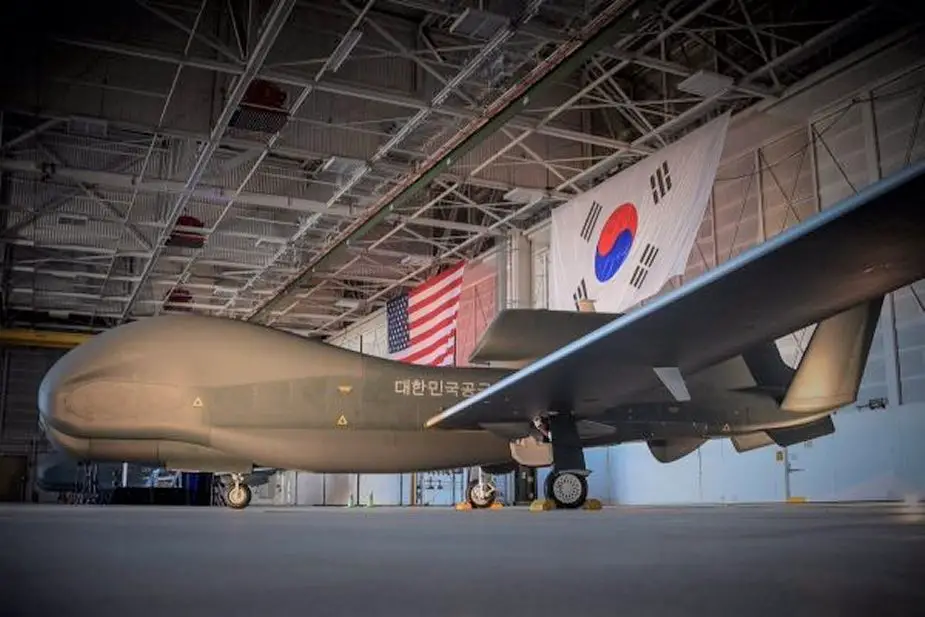Northrop Grumman Systems Corp., Sierra Vista, Arizona, has been awarded a not-to-exceed $108,843,273 bilateral modification to previously awarded undefinitized contract action FA8690-21-C-1001 for RQ-4 Global Hawk aircraft sustainment. The modification provides for a second year of contractor logistics support services. Work will be performed in the Republic of Korea, and Sierra Vista, Arizona, and is expected to be completed by Feb. 29, 2024. Foreign military sale funds in the amount of $22,888,481 are being obligated at the time of award, and the total cumulative face value of the contract is $267,233,297. U.S. Air Force Life Cycle Management Center, Wright-Patterson Air Force Base, Ohio, is the contracting activity.
In 2011, South Korea’s Defense Acquisition Program Administration (DAPA) expressed interest in acquiring at least four RQ-4Bs to increase intelligence capabilities following the exchange of the Wartime Operational Control from the U.S. to the Republic of Korea. On 5 July 2013, the Korean National Assembly advised the government to re-evaluate the RQ-4 purchase, again citing high costs. On 17 December 2014, Northrop Grumman was awarded a 7 million contract by South Korea for four RQ-4B Block 30 Global Hawks.

The Northrop Grumman RQ-4 Global Hawk is a high-altitude remotely-piloted surveillance aircraft. It was initially designed by Ryan Aeronautical (now part of Northrop Grumman), and known as Tier II+ during development. The Global Hawk performs duties similar to that of the Lockheed U-2. The RQ-4 provides a broad overview and systematic surveillance using high-resolution synthetic aperture radar (SAR) and long-range electro-optical/infrared (EO/IR) sensors with long loiter times over target areas. It can survey as much as 40,000 square miles (100,000 km2) of terrain a day, an area the size of South Korea or Iceland. It is used as a High-Altitude Long Endurance platform covering the spectrum of intelligence collection capability to support forces in worldwide military operations.
RQ-4B Global Hawk unmanned aerial vehicles (UAVs) are expected to improve South Korea’s capability to monitor North Korea’s nuclear and missile activities, adding to its Peace Eye airborne early warning & control (AEW&C) system aircraft. The RoKAF already has an ISR battalion, but it has decided to create a higher-level one to operate Global Hawk drones and analyze the data collected by them. The Global Hawk, which features high-altitude and long-endurance flight, is known for persistent near-real-time coverage using imagery intelligence (IMINT), signals intelligence (SIGINT) and moving target indicator (MTI) sensors.












